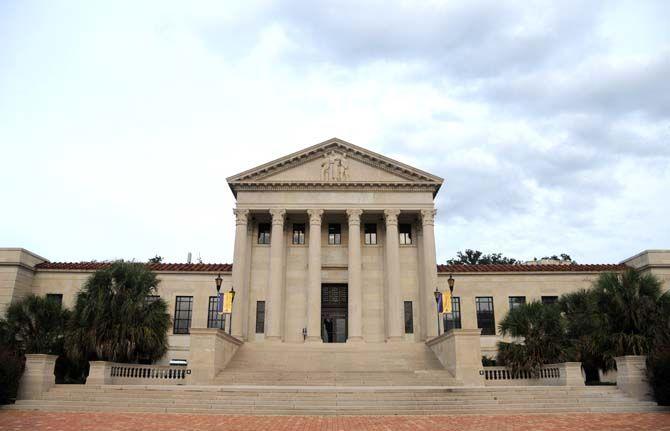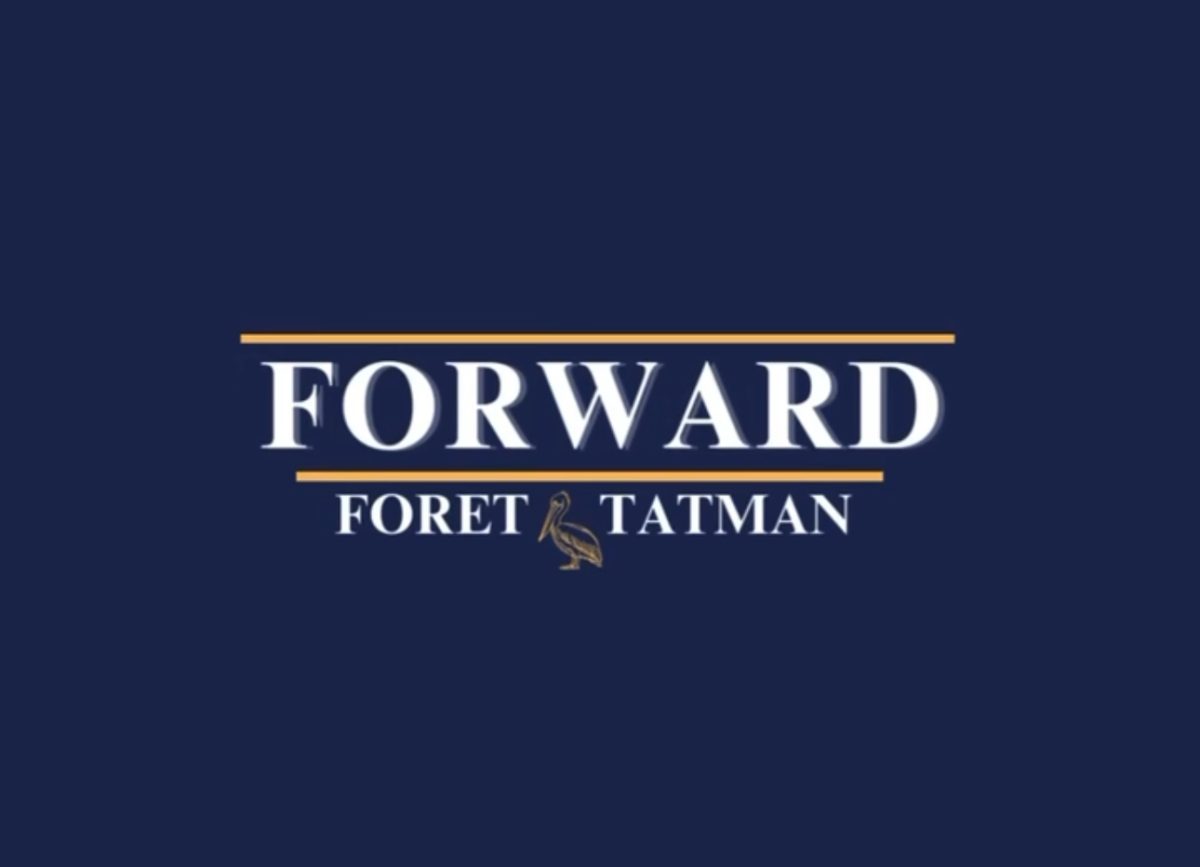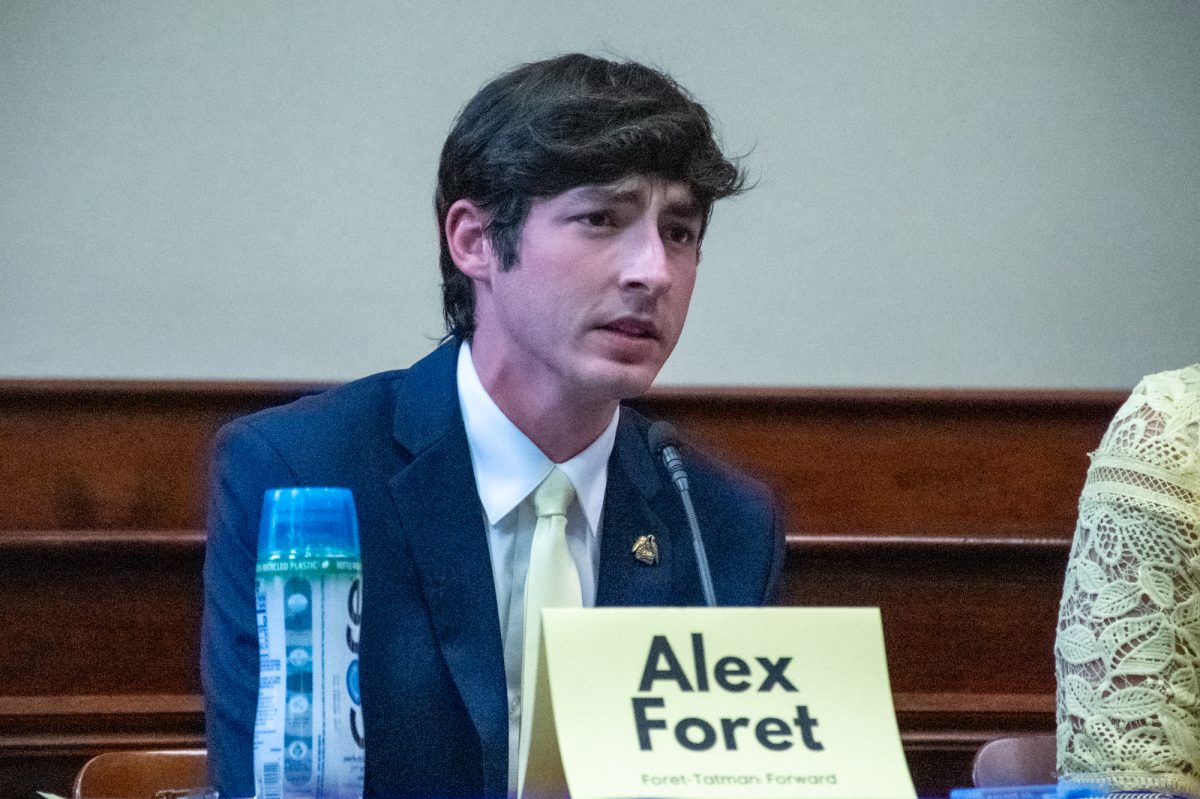Editor Chandler Rome published this on 11/07/14 to address the erroneous portrayal of the Law Center and a lack of reporting in this story.
—
LSU Law Center chancellor Jack Weiss appointed a diversity task force for the Law Center via email Oct. 23. The task force was a response to a letter issued by Robert Kyle Alagood addressing the clear lack of diversity at the Paul M. Hebert Law Center.
Darrel Papillion, chair of the Baton Rouge Bar Association, Student Bar Association president Kenneth Barnes, LSU Legal Association of Women president Molly Brannon, LSU National Black Law Students Association president Andrew Hairston and other faculty members will serve on the diversity task force.
According to American Bar Association numbers, African-Americans represent about 15 percent of student enrollment at the Law Center.
Barnes’ appointment hits home after an incident during his first year of law school when the Law Center’s ethics committee decided that a racial slur issued by one of his white classmates was not an ethics violation of the student honor code.
One Halloween evening in 2012, Barnes, then a first-year, African-American law student, said he experienced words and behavior he never thought
possible in modern times.
Each year, the Paul M. Hebert Law Center holds an annual party thrown by its students. What started as a night full of friends, alcohol and Halloween treats turned into one of physical and verbal violence.
Barnes was the class president, whose responsibilities ranged from serving as a liaison between students and faculty to planning the annual Halloween party. That year, the party was held at JL’s Place in Tigerland.
The class’ vice president was dressed as Katniss Everdeen, equipped with a quiver and real arrows. A drunken white law student stumbled from the party and stole an arrow from the pack.
Barnes, now a third-year law student, said he did not want his vice president to pursue the law student alone and chose to follow him.
“They were headed down this dark alley, so I went to help,” Barnes said. “I told the student to give the arrow back and he responded by throwing the arrow and the sharp part hit my leg.”
Barnes said a physical altercation ensued, where the student threw a right hook and Barnes responded by body slamming him to the ground.
“I didn’t lose the fight,” Barnes said. “I told him to go home and take his loss.”
The student responded by telling Barnes, “F— you n—-! You sweaty n—-! You sweater wearing a– n—-! F— you!”
Barnes said the student left and he returned to the party to have a normal night. Once inside, he said students expressed support.
“People said they were happy I did that because the student had gotten on their nerves for two years,” Barnes said. “This student allegedly had a couple fights, hit a girl by accident and damaged property at a Law Center event.”
Barnes reported him to Raymond Diamond, vice chancellor for Institutional Advancement and Faculty Development.
“As a 1L [first-year law student] I didn’t care who you were, everyone has a right to stand up for themselves,” Barnes said.
The commentary made was filed as an ethics charge and a preliminary hearing was held. According to the Law Center’s honor code, students are expected to follow a high standard of conduct during their legal education.
The honor code states that just as lawyer behavior reflects on the bar and courts even when they are not in court, student behavior can reflect on the Law Center away from its physical facility.
When a complaint is filed, a student must report it to one of the four vice chancellors, though which one is not specified. The Law Center has no post of vice chancellor for student affairs and diversity.
A preliminary hearing was then held in front of the Student Ethics Committee, comprised of students from various law classes and Student Bar
Association.
During the course of pursuing the complaint, Barnes said the accused student left a voicemail on his cell apologizing for his remarks and the altercation. The ethics committee decided the racial slur was not a violation of the student honor code.
The honor code is limited to lying, cheating, plagiarism, theft and other forms of student misconduct. Barnes said faculty has been vigorous about attempting to amend the honor code.
“The student has since apologized,” Barnes said. “I am not saying that makes it right, and it was very concerning that is where the report ended.”
Law student on diversity task force experienced racial slurs during time at Law Center
November 3, 2014
9/25/14 Law Building









